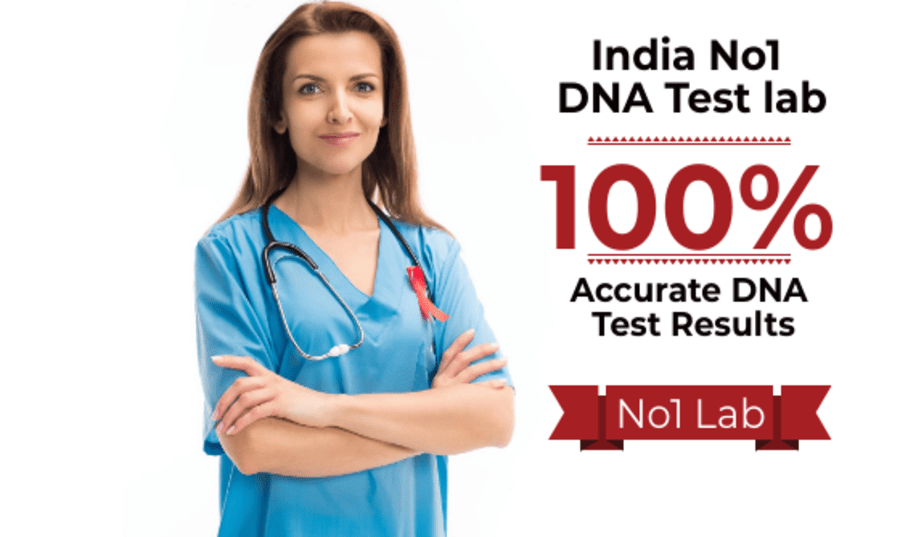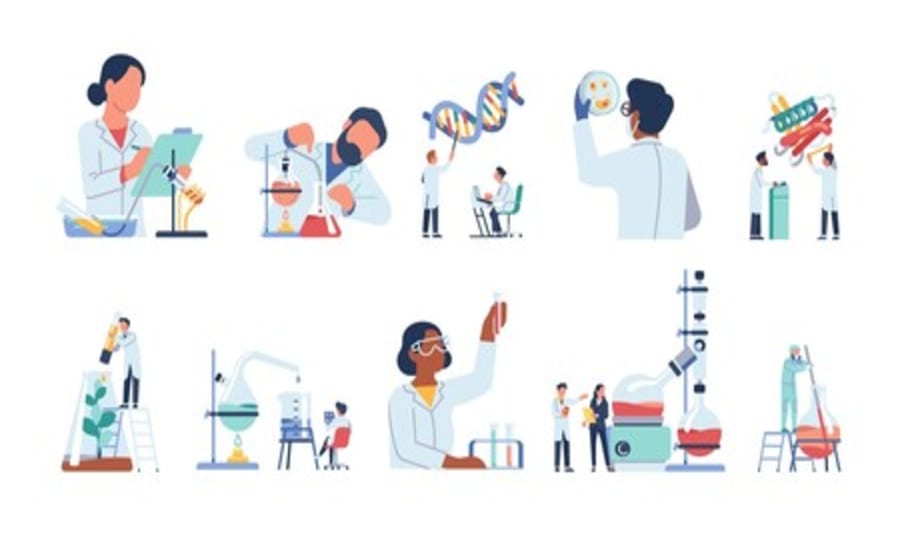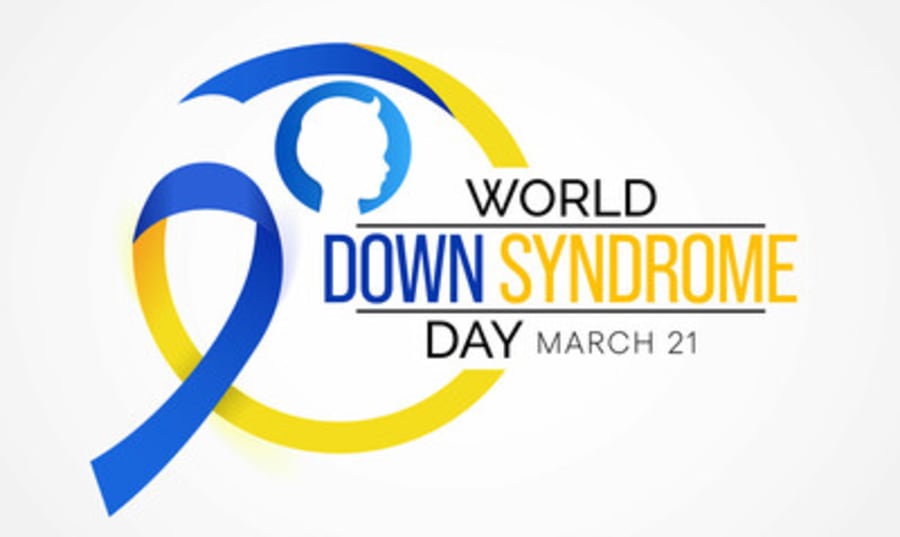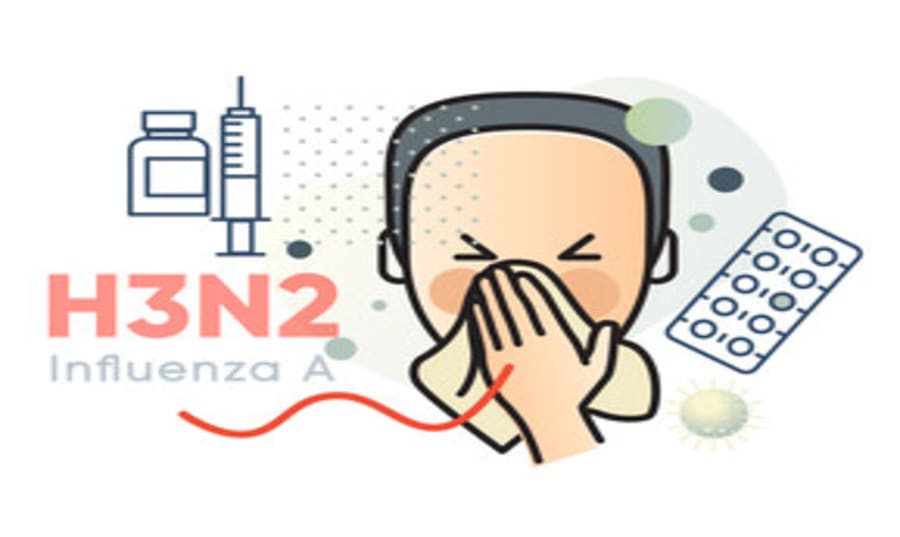Genetic Testing For Cancer
- 1 year ago
- 0 Comments
Genetic Testing For Cancer
We are constantly learning more and more about genetics and how it affects our health and our risk of developing cancer. If a person has a family history of cancer, then that person might have a higher risk of developing cancer. Genetic testing for cancer can help us to find out if we are at higher risk or not. Here, we'll look at the different genetic mutations that might cause cancer and why genetic testing for cancer is so important.
Genetic testing for cancer involves analyzing a person's DNA to look for changes or mutations that may increase their risk of developing cancer. These tests can be done on a sample of blood, hair, skin, or other tissue. There are several different types of genetic tests that can be used to assess a person's risk of cancer, including:
-
Predictive genetic testing: This type of testing is used to determine if a person has an inherited genetic mutation that increases their risk of developing cancer. It can be used to assess a person's risk of developing cancer in the future and can help guide cancer screening and prevention efforts.
-
Diagnostic genetic testing: This type of testing is used to determine if a person's cancer is caused by an inherited genetic mutation. This information can help guide treatment decisions and may help predict how a person's cancer will respond to treatment.
-
Prognostic genetic testing: This type of testing is used to assess how likely a person's cancer is to recur or spread. It can help guide treatment decisions and may help predict a person's prognosis.
Genetic testing for cancer can be helpful for people with a family history of cancer or for people who have certain types of cancer that have a known genetic component, such as breast, ovarian, or colorectal cancer. It is important to understand that genetic testing is not appropriate for everyone, and the decision to have genetic testing should be made after discussing the risks and benefits with a healthcare provider and a genetic counselor.






Leave Comment